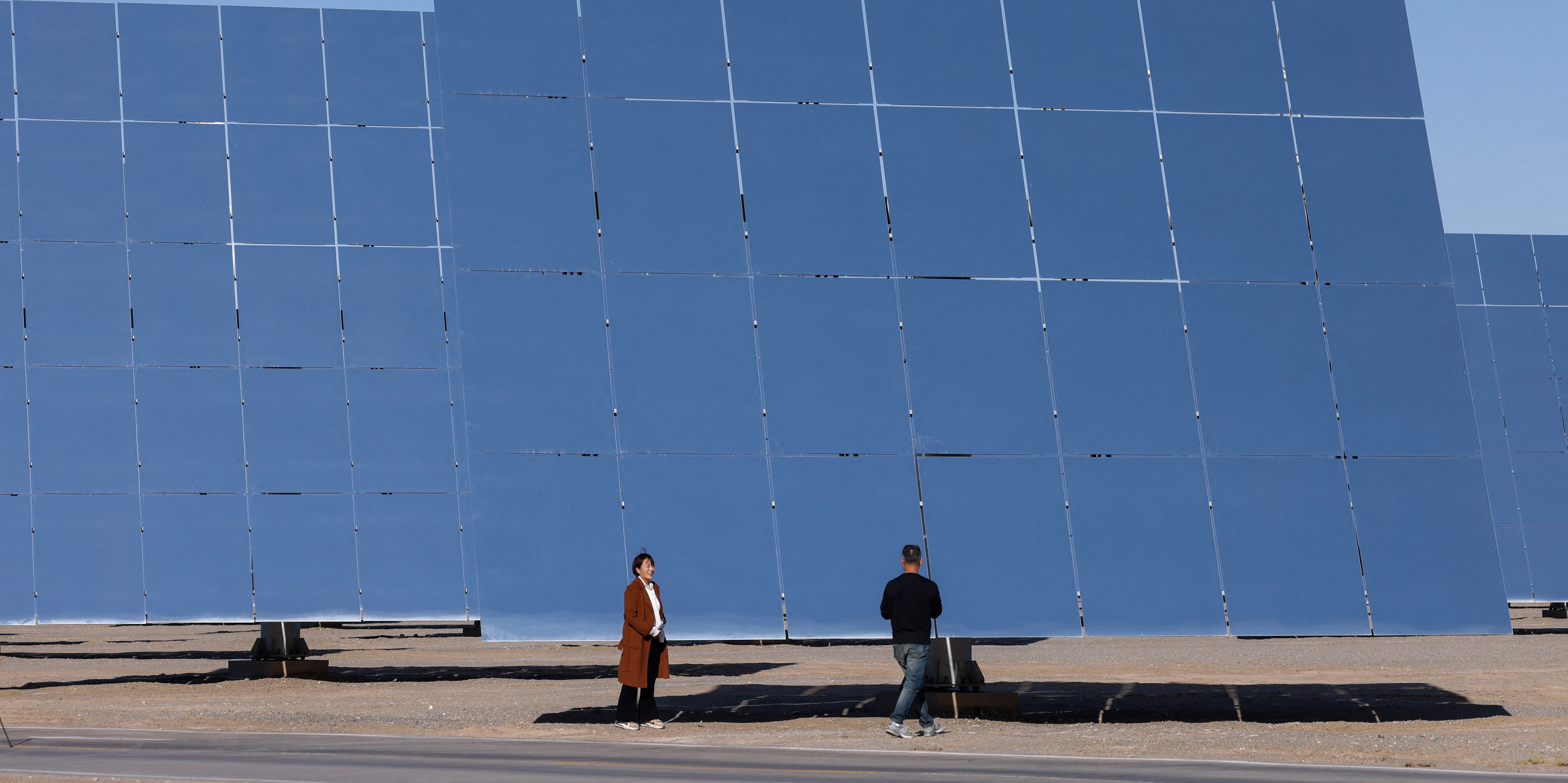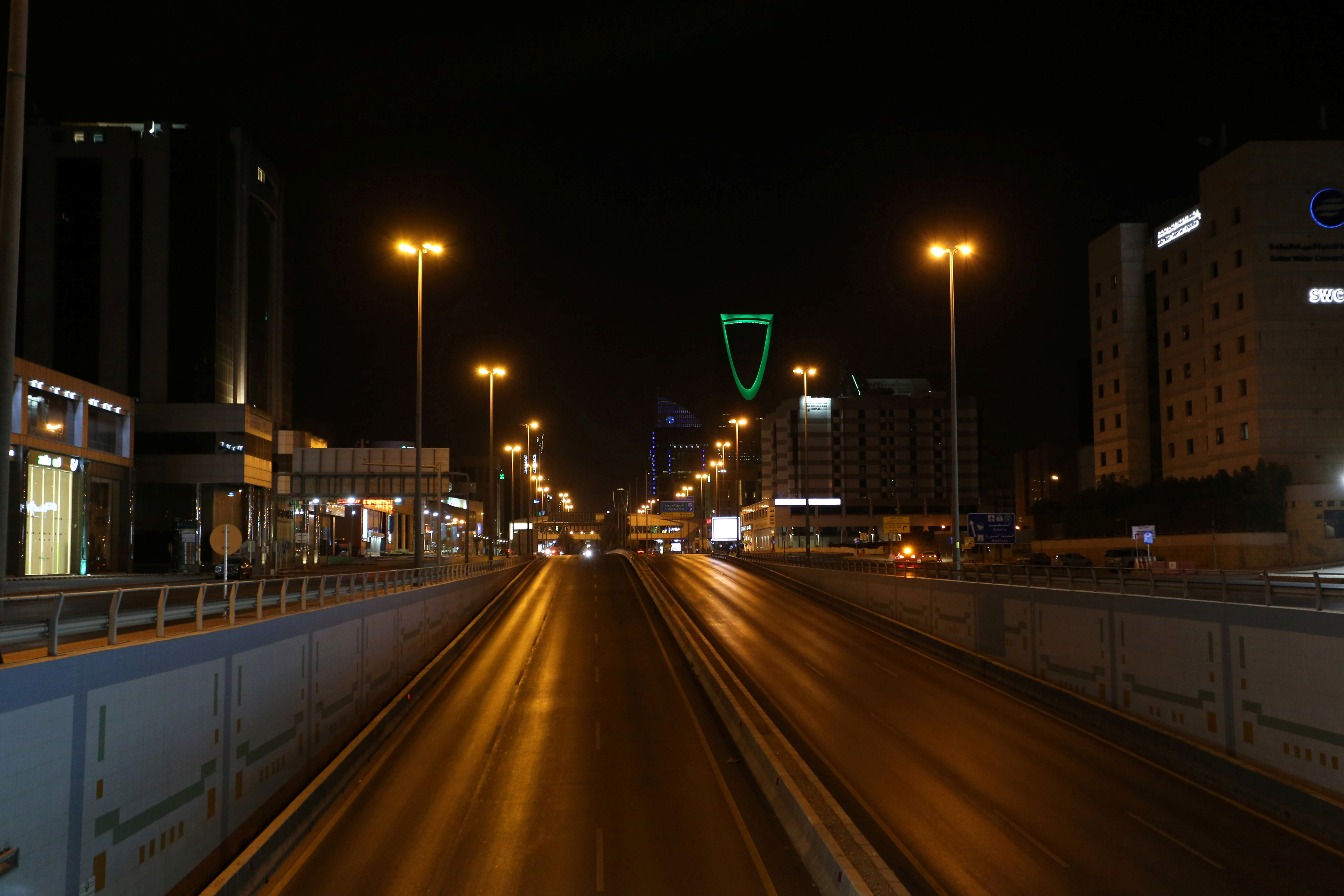9 stories from China you might have missed in October

Imagine participating a courtroom trial from your couch. Weisu, part of a larger initiative to digitalize Chinese courts, has made this a reality. Developed by Chinese big data and AI company Gridsum, it is making China’s courts more transparent and more efficient by verifying IDs, submitting court files and having testimonies transcribed by WeChat’s voice-to-text technology. For now, the software is largely being used in intellectual property litigation.
A team of researchers from the Chinese Academy of Sciences (CAS) has successfully produced over two dozen healthy mice from female parents, whose offspring even went on to have babies of their own. Researchers think raising two-father offspring to adulthood by a more complicated process using stem cells and gene-editing may also be possible.
Footprints of Chinese tourists were left on 1,155 cities in 88 countries during this year’s Golden Week, China’s National Day holiday period. Overseas, the two most popular destinations were Thailand and Japan; central and eastern European countries are also emerging as favourites. As for the growing domestic travel scene, Chinese people continue to embrace “red tourism” – visiting key Communist sites including the Guangzhou Martyrs’ Memorial Garden and the Holy Land of China’s Communist Revolution in Shaanxi. Compared to the old pattern of joining a guided tour and purchasing luxury goods when traveling, Chinese visitors have now turned to travel independently and focus more on gaining memorable experiences.
China is going to develop three world-class “mega-city” clusters: the Beijing-Tianjin-Hebei region (Jingjinji), the Yangtze River Delta (YRD), and the Pearl River Delta Greater Bay Area (PRD), each three of which have unique advantages. Jingjinji has the Daxing International Airport under construction, expected to become a major transportation hub after it is completed in 2019. The YRD is by far the biggest of the three clusters economically. The PRD has generally been regarded as being the country’s most open region, because it is the centre of China’s “reform and opening-up” policy. In terms of GDP, in 2016 the YRD was comparable to Germany, the PRD to Italy, and Jingjinji to Mexico.
A major difference between US and Chinese AI is that the latter is all about implementation. Chinese product quality has improved dramatically due to intense competition. The Chinese market rapidly embraces new products and new paradigms. All of this is amplified by China’s enormous market size, which generates the data that is the rocket fuel for AI.

More than half of consumers buying luxury goods live outside the top 15 cities in China – in areas classified as second-, third-, or lower-tier cities. This is mainly driven by digitization of marketing and purchasing processes by the brands, as Chinese consumers are increasingly accessing information about luxury goods online. Besides the traditional e-commerce platforms, social-media commerce is also on the rise and contributing to luxury purchases online. Users can also share photos and videos, write posts, and tag items to link to e-commerce listings.
EV sales in China reached 770,000 units last year – more than half of all new-energy vehicles sold globally. Driving the explosive growth is the government's desire, embodied in the “Made in China 2025” (MIC2025) strategy, to promote the country as a world leader in green vehicles, and in their next incarnation as “smart” cars; in part because of serious pollution problems at home, but also as a broader strategy to become a technological power in keeping with its global economic clout.

Launched last week, Habitat is Honestbee’s concept of what future supermarkets could look like and doubles up as an innovation lab for the company to test out integrated online and offline strategies for the future of retail. The concept is somewhat similar to Hema supermarkets in China, operated by e-commerce giant Alibaba Group Holding and emblematic of a wider trend whereby south-east Asian companies are increasingly looking towards China for internet and technology innovations to drive their business models.
The National Computer Network Emergency Coordination Center has signed an agreement with the economic development zone of Changsha, capital of Hunan province, to open the country’s first blockchain security tech testing center. The center will be instrumental in regulating the development of the industry, monitoring data and reporting the supervision work relevant to the blockchain in China. Its scope will include code review and risk control, among other services.
Don't miss any update on this topic
Create a free account and access your personalized content collection with our latest publications and analyses.
License and Republishing
World Economic Forum articles may be republished in accordance with the Creative Commons Attribution-NonCommercial-NoDerivatives 4.0 International Public License, and in accordance with our Terms of Use.
The views expressed in this article are those of the author alone and not the World Economic Forum.
Stay up to date:
The Digital Economy
Forum Stories newsletter
Bringing you weekly curated insights and analysis on the global issues that matter.
More on Geographies in DepthSee all
Ma Li and Charles Bourgault
December 3, 2025






